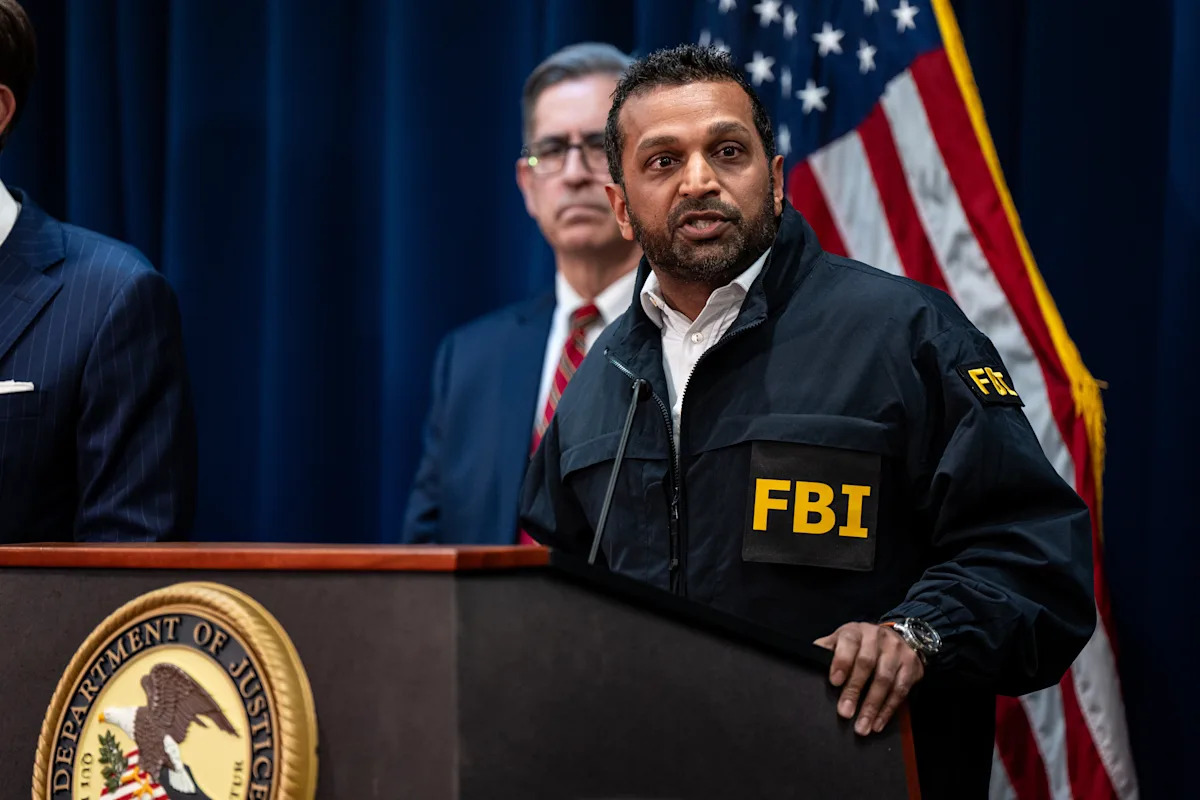
The recent gambling-related arrest of Miami Heat guard Terry Rozier sent shockwaves throughout the world of basketball sports fandom. Rozier is accused of telling his childhood friend that he would fake an injury and leave a March 23, 2023, game in the first quarter, allowing the friend to sell this insider tip to bettors who then profited from wagers on Rozier’s performance. The scandal provides ammunition for critics who view the legalization of sports betting as a Pandora’s Box that has compromised the integrity of sporting events. However, these arguments overlook the fact that oversight mechanisms caused by legalization have, in reality, likely brought to light preexisting problems that had been flourishing in the shadows.
For as long as organized sports have existed, officials and players have attempted to profit by exploiting insider information or fixing games to win large sums of money. In 1978, Boston College basketball players participated in a point-shaving scheme orchestrated by the mafia. Even earlier, eight players for the Chicago White Sox were permanently banned from professional baseball after accepting money from a gambling syndicate to intentionally lose the 1919 World Series.
Advertisement
However, these types of gambling-related scandals have taken on greater significance in the wake of the Supreme Court’s 2018 decision in Murphy v. National Collegiate Athletic Association, which struck down as unconstitutional the Professional and Amateur Sports Protection Act, thereby allowing states to legalize sports betting. Can fans still have faith in the integrity of the games they love in a world where sports betting is legal and widely available?
The answer is that they should arguably have more faith in game integrity now than they did when such betting took place underground and without the oversight of gambling companies, leagues, and sports integrity monitoring organizations. Before 2018, sports betting was less public, but it was a vast, illicit market operating in the shadows, estimated to be worth $80 billion to $150 billion per year. There was no regulatory framework, and no ability to detect suspicious play from large bets made on individual players’ performance. There were no real-time monitoring systems, no artificial intelligence (AI) algorithms flagging suspicious betting patterns, and crucially, no cooperation between bookmakers, law enforcement, and leagues.
What has changed is that legal sportsbooks are now required by law to monitor and report unusual betting activity to authorities. Actually, the recent NBA gambling scandals—including the 2024 case involving Toronto Raptors forward-center Jontay Porter—probably would have gone undetected without the help of sports integrity monitors like Sportradar. These services track betting activity to identify irregular patterns that may indicate match-fixing or other forms of misconduct. When betting markets on Porter’s individual plays saw abnormal action—with unusually large wagers all predicting he would perform below expectations—the system worked as designed. Licensed bookmakers flagged the activity. The NBA and federal authorities investigated.
Sportradar is one of the leading integrity monitors, and its Universal Fraud Detection System, which monitors 30 billion odds changes annually across more than 600 betting operators, detected 1,329 suspicious matches globally in 2023—representing just 0.21% of all monitored events, or roughly one in 467 games. Of these suspicious matches, just 35 were in North America. Sports fans should take comfort in these figures, which indicate that American sports are among the least corrupt in the world.
Advertisement
When scandals surface, it’s tempting to say sports betting legalization is creating more corruption rather than examining the possibility that more cheats are being caught because of legalization.
Suppose legal sports betting is so corrosive to game integrity. Why are there no similar concerns in Europe, where sports betting is legal in 21 countries, with hundreds of licensed operators, or in countries such as Canada, Australia, and New Zealand? These countries have had legal, regulated betting markets for decades. Games are well attended, and sports remain integral to the social fabric. Scandals arise and are dealt with, but there’s no serious push to ban sports betting. On the other end of the spectrum, last year, China, where all sports betting is illegal, banned 38 soccer players and five club officials for life following an investigation that found 120 matches had been fixed.
Banning sports betting so that it falls exclusively into the hands of criminals and offshore platforms won’t eliminate corruption; it may very well worsen it. The combination of individual and team integrity, law enforcement engagement, and tech-savvy monitoring means fans can and should have confidence that they live in one of the greatest countries to watch sports in the world, and trust that the games they’re watching are played fairly.
Guy Bentley is the director of consumer freedom at Reason Foundation.
















